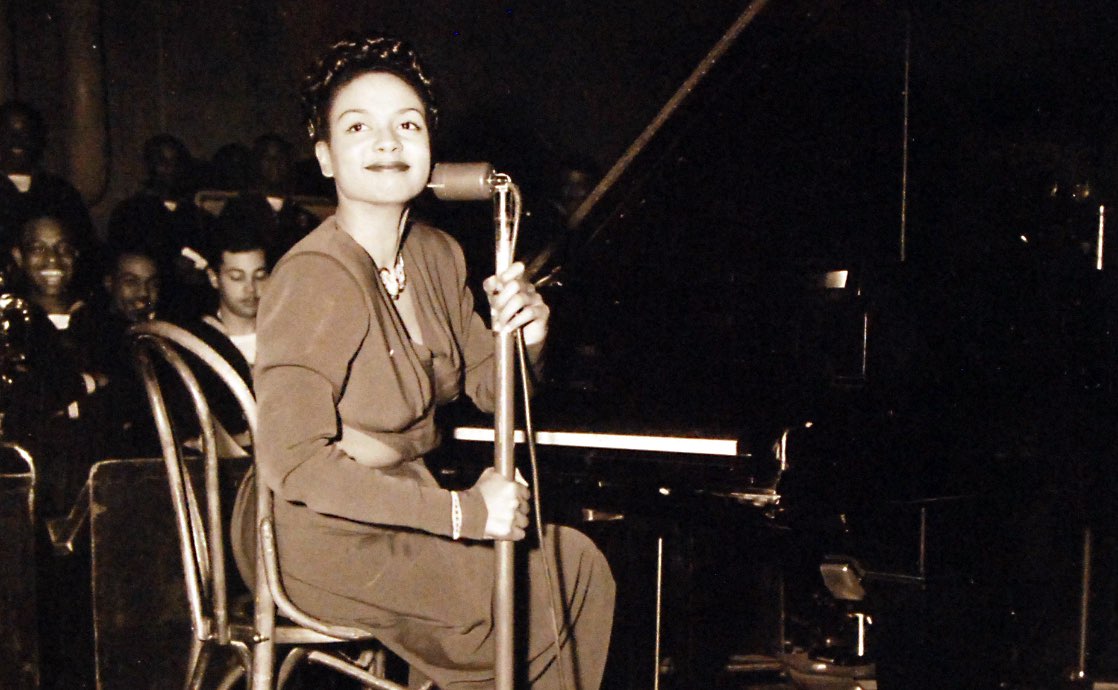Hazel Scott emerges as a luminary in the intersection of artistry and spirituality, captivating audiences with her virtuoso abilities while embodying the principles of the Bahá’í Faith. Born on June 11, 1920, in Port of Spain, Trinidad, Scott’s trajectory from a prodigious child pianist to an accomplished performer epitomizes the harmonious blend of personal talent and universal values espoused by the Bahá’í Teachings. Her life and work serve not only as a testament to her artistic prowess but also as a paradigm through which one can explore the profundities of cultural identity, resilience, and devotion.
At the heart of Scott’s legacy resides her unique ability to transcend the boundaries of race and culture. This transcendent quality is akin to a vibrant tapestry woven from diverse threads, each representing her experiences as a Black woman in a predominantly segregated society. The Bahá’í Faith emphasizes the oneness of humanity, which resonates profoundly in Scott’s life ethos. Through her music, she sought to dismantle the walls of prejudice, establishing a dialogue that celebrated diversity and fostered unity. The soulful refrains of her piano not only touched the hearts of individuals but also echoed a call for broader social transformation, epitomizing the Bahá’í principle that humanity is a single entity.
Moreover, Scott’s artistic journey mirrors the Bahá’í concept of the “power of the Word.” In her performances, she wielded music as a clarion call, a medium to convey messages of hope, equity, and love. Her interpretation of jazz and classical music—infused with her cultural heritage—demonstrates an intrinsic understanding of how art can serve as a vehicle for spiritual realization. Each note she played was imbued with intention, revealing the depth of her insights into the human condition. Her work exemplified an artistic voice that transcended mere entertainment; it was a conduit for expressing Bahá’í principles in a scintillating manner.
The journey of Hazel Scott also intricately aligns with the Bahá’í emphasis on education and personal development. A quintessential autodidact, Scott fought against societal constraints to hone her craft, demonstrating an unwavering commitment to self-actualization. Her experiences as a student at the Juilliard School are emblematic of the struggle against both racial discrimination and gender bias. The Bahá’í teachings advocate for the education of all, and Scott’s insistence on pursuing her passion illuminates a rebellious spirit that echoes the very essence of seeking knowledge. The concept of “The Abolition of Prejudice,” a profound tenet in Bahá’í literature, is vividly personified in Scott’s life as she diligently dispelled ignorance through her art and activism.
In the context of her artistic contributions, one must also consider her pioneering role in the entertainment industry. Scott was not only a performer but also a trailblazer who opened doors for future generations of Black artists. Her courage to advocate for racial equality in Hollywood is reminiscent of the Bahá’í call to action, empowering individuals to stand against injustice. Through her work, Hazel Scott-crafted an identity that amalgamated artistry and activism, eloquently articulating a vision where art serves as a transformative instrument for societal change.
Throughout her illustrious career, one can observe a prevailing theme of resilience and defiance against adversity. The odyssey of Hazel Scott is punctuated by moments that echo the Bahá’í principle of steadfastness. In an era marked by overt racial discrimination, she courageously asserted her identity and artistry, utilizing her platform to challenge the status quo. This resilience is a powerful metaphor for the evolution of humanity, embodied in Scott’s determination to harness her talent as a force for good. The interplay of her struggles and triumphs serves as a mirror reflecting the ongoing journey toward justice and equality, in alignment with Bahá’í ideals.
Scott’s spiritual journey, intertwined with her artistic endeavors, is demonstrative of the Bahá’í commitment to cultivating a world of peace and harmony. Her exploration of faith, particularly through her conversion to the Bahá’í Faith in the mid-20th century, further enriches her narrative. In this capacity, she embodied the Bahá’í belief that “the foundation of all knowledge is the knowledge of God.” This profound understanding colored her artistic expression, infusing it with deeper meaning, guiding her intentions, and enabling her to resonate with audiences on a spiritual level.
Furthermore, Scott’s legacy transcends the conventions of her time, acting as a beacon of hope for future generations. She remains an indomitable figure in the annals of American music and civil rights, casting a long shadow that inspires countless artists and activists alike. The continuous reverberation of her work serves as a reminder that art embodies the spirit of humanity, reflecting both the beauty and the struggles inherent in the human experience. The richness of her contribution to the cultural landscape encapsulates the Bahá’í ideal of collective advancement through individual excellence.
In conclusion, Hazel Scott personifies the essence of the Bahá’í teachings, imparting a melody of unity, justice, and love through her remarkable life and legacy. Her music, infused with the spirit of social reform and artistic innovation, provides an enduring testament to the power of creative expression as a catalyst for change. As we reflect on her impact, let us embrace the fundamental Bahá’í principles she embodied: the pursuit of knowledge, the celebration of diversity, and the unwavering quest for social justice. In doing so, we honor not only her memory but also the vision of a more harmonious world—a world that echoes the harmonies of her timeless melodies.
